Bud Light’s plan to win back drinkers: stick to beer
The culture wars have cost Bud Light big time. Now, the beer brand’s owner admits ‘people do not want to enjoy their beer with a debate’.
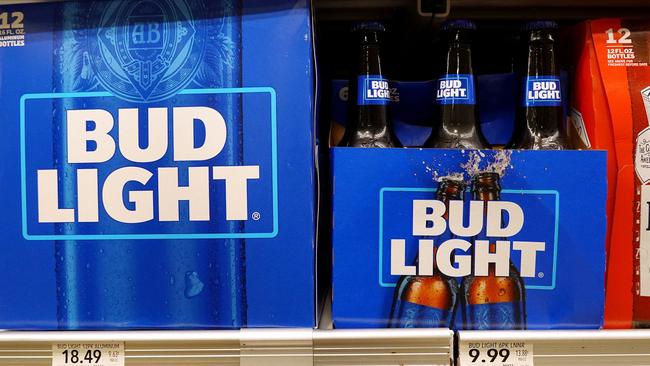
The culture wars have cost Bud Light big time. Now, the beer brand’s owner says its market share is stabilising and that it will stay away from controversial topics to win back drinkers.
Anheuser-Busch InBev, the world’s largest brewer, said Thursday its US sales, profit and market share had all fallen sharply in the second quarter as consumers abandoned Bud Light following a promotion it did with transgender influencer Dylan Mulvaney.
But AB InBev also defended Bud Light, saying a large survey it commissioned of US consumers during the quarter shows the brand is still viewed favourably and that people just want it to stick to selling beer.
“Beer is about relaxation,” Chief Executive Michel Doukeris said in an interview. “People do not want to enjoy their beer with a debate. They want beer to be simple, beer to be for everyone and beer to be enjoyable as they share it with family and friends.” The backlash against Bud Light began in April after Mulvaney posted an image on Instagram of a personalised can that AB InBev had given her.
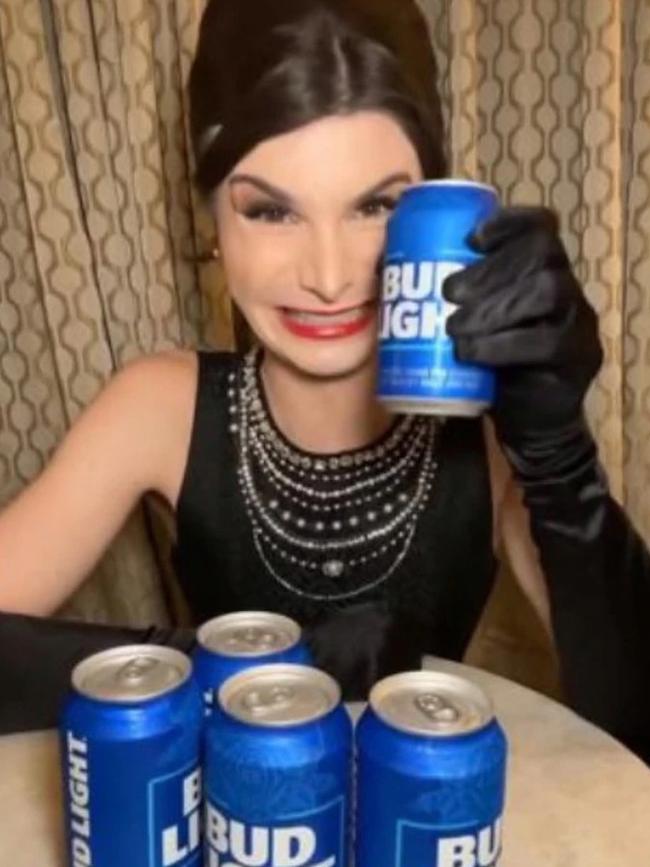
The post was part of a marketing campaign aimed at overhauling Bud Light’s image to make it less fratty. But the post sparked an uproar, angering Bud Light’s core consumers, propelling AB InBev to put the marketing executives who oversaw the collaboration on leave. The company later cut hundreds of US office jobs as sales slumped.
Doukeris said consumers want the company to focus its marketing on things that appeal widely, such as the National Football League, music and helping military families. “We continue to learn and we continue to move forward with the main activities we know that work everywhere,” he added.
In the wake of the Bud Light episode, AB InBev’s share of the total US beer market has fallen by 5.2 percentage points to 36.9 per cent in the second quarter, Doukeris said. Two-thirds of that loss is from Bud Light but other brands such as Budweiser have taken a hit from the consumer boycott too.
The company’s market share has been stable since the last week of April through to the end of June, said Doukeris, while Bud Light’s share is following a similar trajectory.
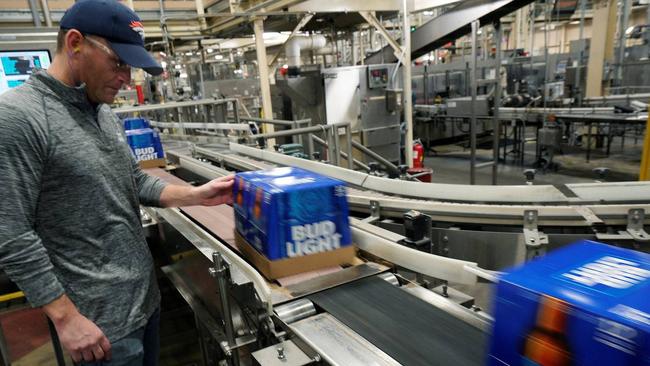
AB InBev said a survey it commissioned of 170,000 consumers across the US found that most people are favourable toward the Bud Light brand while 80 per cent are favourable or neutral.
Thursday’s results, covering the three months to June 30, provided the first look at how the consumer boycott of Bud Light, which began in April, has affected AB InBev’s earnings.
The company said its second-quarter revenue in the US – its largest market – dropped 10.5 per cent, while earnings before interest, taxes, depreciation and amortisation plunged 28.2 per cent. The brewer attributed the big profit drop to its market share loss as well as spending more on marketing and support for distributors who have been battered by the slump in Bud Light.
Since the boycott, the company has accelerated production of new Bud Light ads, leaning into the themes of football and country music. It has also told its distributors that it would buy back unsold cases of beer that have gone past their expiration date.
AB InBev’s experience has turned into a case study for consumer-facing companies on how or whether to weigh in on sensitive political or social matters, with trans and other LGBT issues particularly in the spotlight. Target recently faced criticism for halting sales of certain items for Gay Pride month after customers knocked down displays and threatened store employees.
Doukeris said the company’s employees have received a lot of hate from activists after the Mulvaney post. Alissa Heinerscheid and Daniel Blake, the two executives placed on leave, are still out, Doukeris said, declining to comment on whether they would return, citing their safety and privacy.
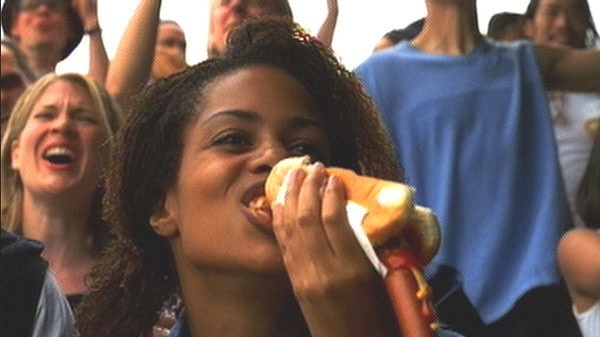
The Mulvaney campaign has led to a big shift in drinkers away from Bud Light toward rival brands. Modelo Especial, a Mexican import sold by Constellation Brands, in May surpassed Bud Light in dollar sales to become America’s top beer.
Molson Coors earlier this week said it had recorded the best quarter for sales since 2005 after its brands gained share in the US In the second quarter, Coors Light and Miller Lite combined were 50 per cent bigger than Bud Light by value, it said – a big reversal in fortune from one year ago when Bud Light was larger than both those brands combined.
Doukeris said Bud Light by volume remains the largest beer in the US Overall, AB InBev’s second-quarter US sales to wholesalers dropped 15 per cent and sales to retailers dropped 14 per cent, mainly because of the decline in Bud Light. North American volumes fell 14.1 per cent on an organic basis.
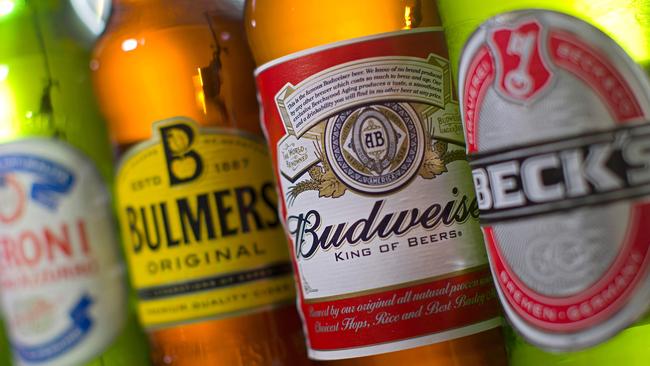
Despite the backlash against Bud Light, the episode didn’t dominate AB InBev’s earnings report as the company highlighted its performance elsewhere. It also reiterated its full-year guidance.
“AB InBev’s attitude is very much of the ‘keep calm and carry on’ variety,” said RBC analyst James Edwardes Jones. He described the results as “an impressive demonstration of AB InBev’s resilience and diversification.” AB InBev fared better outside the US Volumes in the Asia Pacific region grew 9.5 per cent. Volumes were flat in Europe, the Middle East and Africa while in South America they declined 1.9 per cent.
Overall, the company reported a 7.2 per cent rise in second-quarter revenue on an organic basis – which strips out the impact of currency and mergers and acquisitions.
Revenue per hectolitre – a combination of AB InBev raising prices and selling more upscale beer – rose 9 per cent, which offset a 1.4 per cent drop in global volumes.
AB InBev said net revenue in the three months to June 30 climbed to $15.12 billion from $14.79 billion in the same period last year. Net profit dropped to $339 million from $1.6 billion as the company was hit by losses tied to the hedging of its share-based payment programs and other shares issued.
Dow Jones


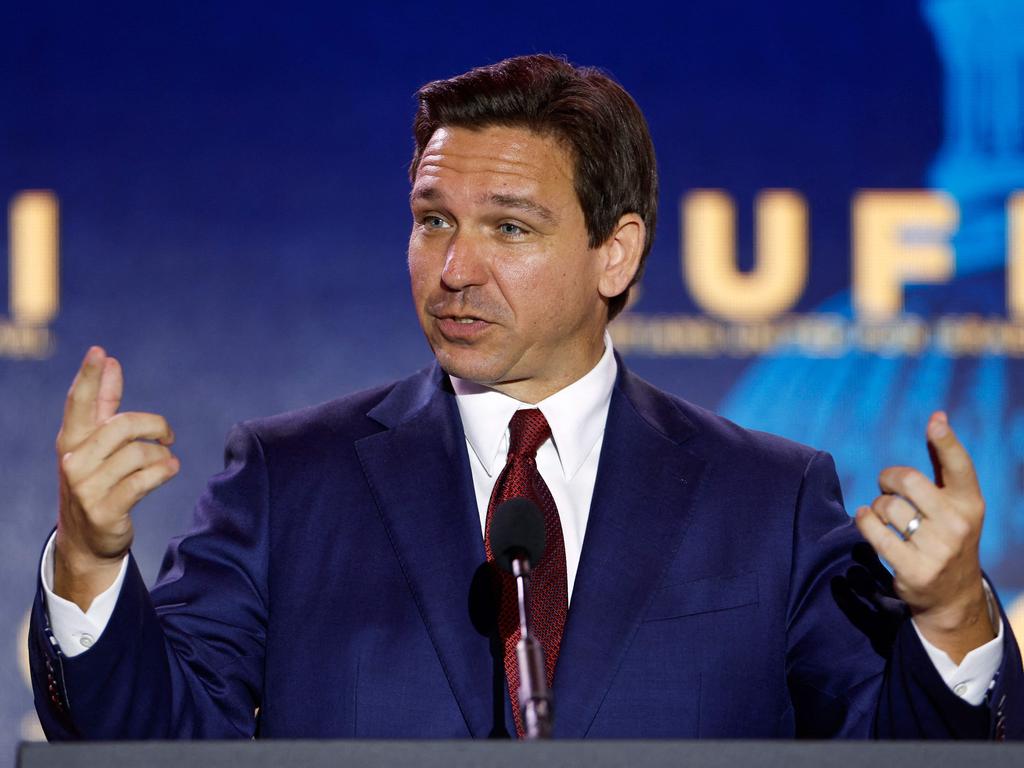
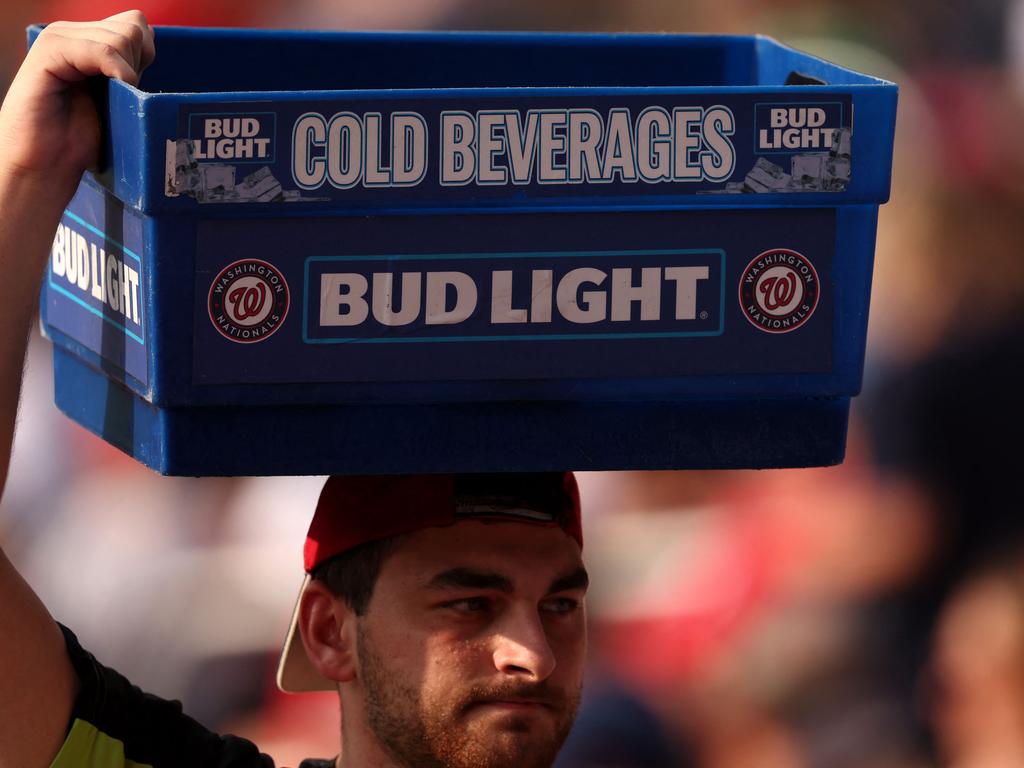



To join the conversation, please log in. Don't have an account? Register
Join the conversation, you are commenting as Logout